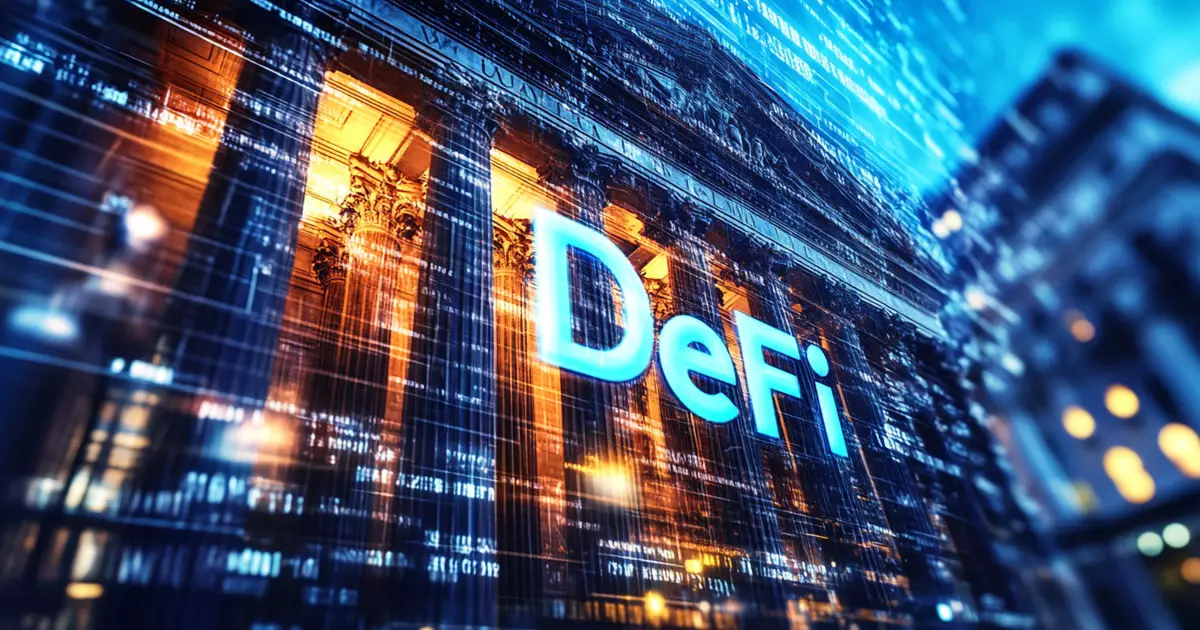The advent of decentralized finance (DeFi) has disrupted traditional financial systems, empowering individuals with direct control over their assets and transactions. However, with this newfound freedom has come a myriad of legal challenges. One such issue is the liability of developers of DeFi protocols for the actions of users interacting with their software. The DeFi Education Fund has raised critical questions about the approach taken by the US Department of Justice (DOJ) toward holding these developers accountable, arguing that imposing strict liability could undermine the innovation that this burgeoning field represents.
In a recent blog post, advocates from the DeFi Education Fund likened the relationship between DeFi developers and users to that of car manufacturers and drivers. Just as manufacturers are not held accountable for reckless driving, developers should not be punished for the end-users’ decisions. This perspective underscores a fundamental principle of liability: responsibility should align with control. The authors argue that failing to acknowledge this could lead to counterproductive regulatory outcomes that stifle technological progress in the DeFi sector.
The Perils of Misplaced Liability
The implications of improperly attributing liability to DeFi developers could reverberate throughout the crypto industry. Such actions may set dangerous precedents, imposing excessive legal risks that could deter talented individuals from creating innovative solutions. The authors contend that the DOJ’s current stance risks creating an atmosphere of fear and uncertainty, where developers may hesitate to advance their projects due to potential legal repercussions. This environment could effectively halt progress in a sector characterized by its rapid evolution and transformative potential.
Centralized Exchanges vs. DeFi Protocols: A Key Distinction
The DeFi Education Fund’s analysis also highlights the stark differences between decentralized platforms and traditional centralized exchanges. In centralized exchanges, users relinquish control of their assets, making these platforms financial intermediaries subject to stringent regulatory frameworks. Conversely, DeFi users maintain control over their funds, engaging directly with protocols without third-party oversight. This distinction is critical to understanding how money transmission laws should be interpreted; when users interact with DeFi, they are wielding tools rather than transferring responsibility to a centralized entity.
A well-defined regulatory landscape is essential for fostering responsible innovation within DeFi. The DeFi Education Fund advocates for clearer legal guidelines that specifically address issues of custody and control, ensuring that regulations reflect the unique nature of decentralized finance. By drawing these distinctions, policymakers can alleviate the ambiguity that currently pervades the industry, creating an environment conducive to development and growth.
As the DeFi ecosystem continues to evolve, it is imperative that regulatory bodies adapt to its unique characteristics. By reevaluating how liability is assigned and emphasizing the differences between decentralized and centralized systems, the DOJ can set a more favorable course for innovation. In doing so, they would not only support the advancement of technology but also build a robust and sustainable framework for the future of finance.


Leave a Reply